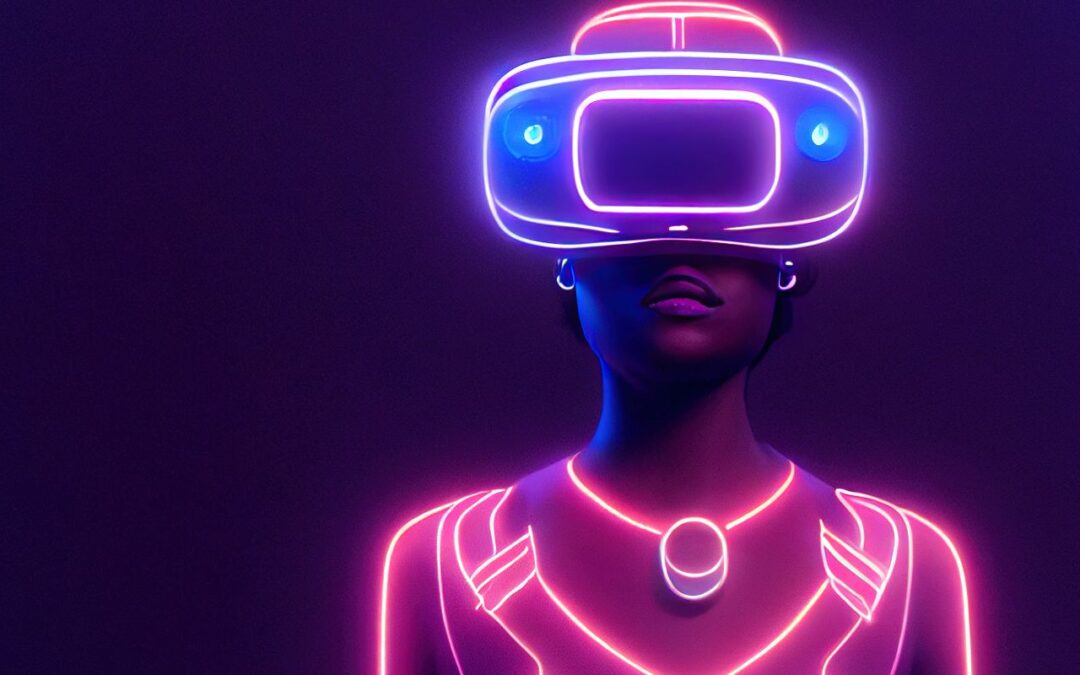Extended reality (XR) is an umbrella term that encompasses the range of technologies that extend the boundaries of reality through the integration of digital and physical environments. This includes virtual reality (VR), augmented reality (AR), and mixed reality (MR). In this blog post, we will explore the concept of XR and its potential applications.
XR technologies are increasingly being used across a range of industries, including gaming, entertainment, healthcare, education, and manufacturing. VR, for example, allows users to fully immerse themselves in a digital world, while AR overlays digital information onto the physical world, and MR blends the two.
One of the most exciting potential applications of XR is in healthcare. VR can be used to treat a range of conditions, including phobias, anxiety, and PTSD. By immersing patients in a controlled environment, clinicians can help them confront and manage their fears. AR, on the other hand, can be used in surgical procedures to provide surgeons with a 3D view of a patient’s anatomy, allowing for more precise and accurate operations.
XR technologies are also being used to enhance education. VR can take students on virtual field trips to historical sites or allow them to explore distant planets. AR can provide interactive experiences that bring textbooks to life, making learning more engaging and fun.
In the manufacturing industry, XR can be used to train workers in a safe and controlled environment. VR simulations can be used to train workers on complex machinery, while AR can provide workers with real-time instructions and information, reducing the risk of errors and accidents.
In the entertainment industry, XR is already making waves. VR and MR are being used to create immersive experiences, such as virtual theme park rides, while AR is being used to enhance live performances and sporting events.
Overall, XR technologies are transforming the way we interact with the world around us. As the technology continues to evolve, we can expect to see more and more innovative applications across a range of industries. From healthcare and education to manufacturing and entertainment, XR has the potential to revolutionize the way we live and work.

